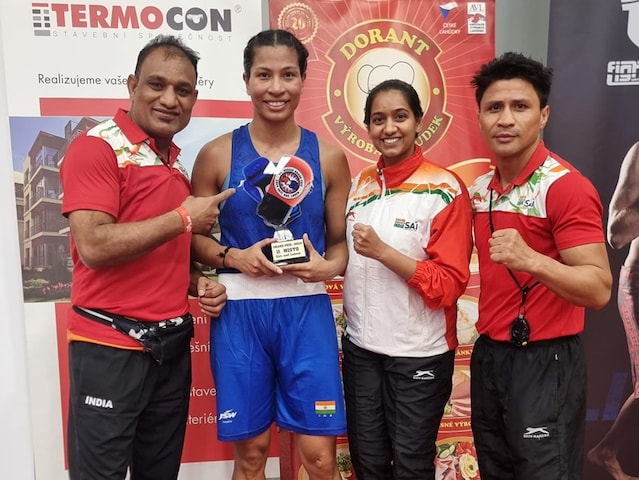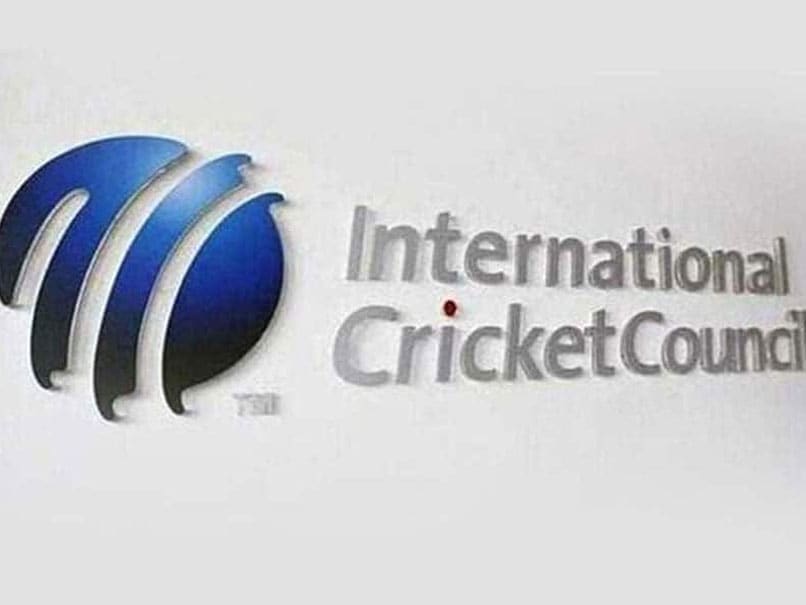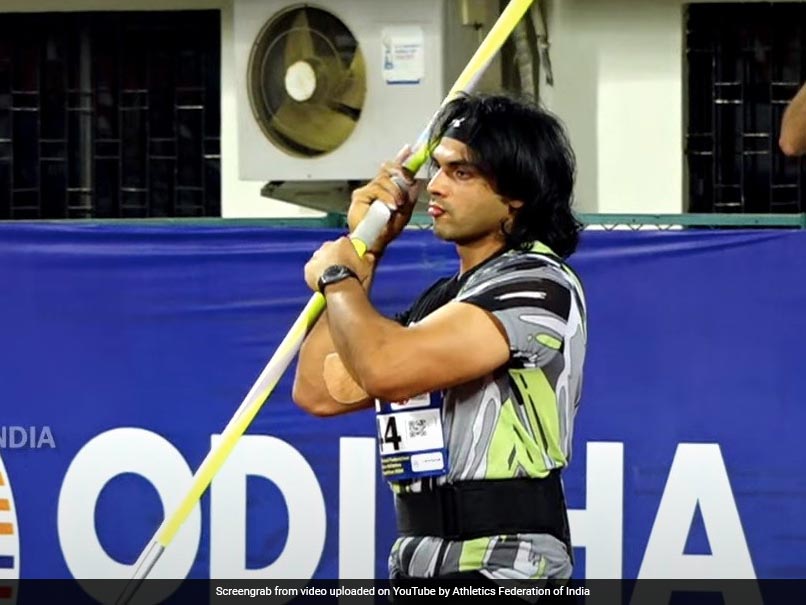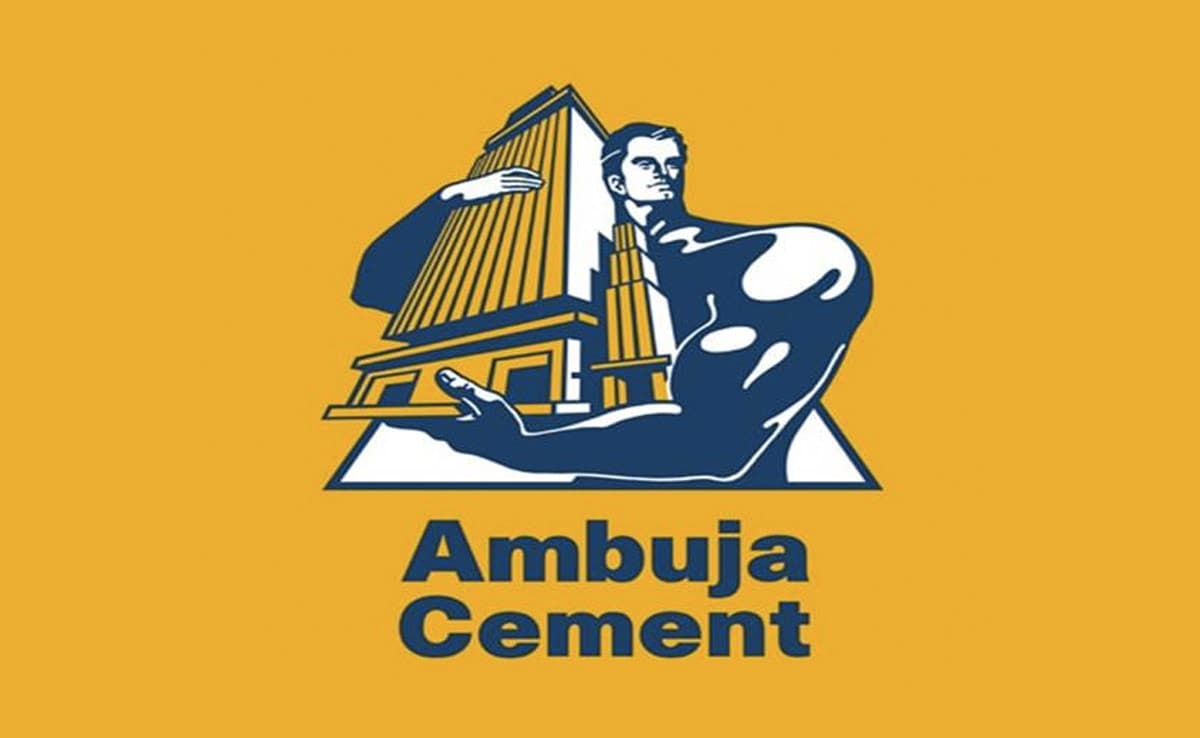In the MSME clusters in Coimbatore in Tamil Nadu and Ludhiana in Punjab, industrial associations have submitted their demands related to GST to candidates contesting the elections in the respective constituencies.
| Photo Credit: Kamal Narang
More than six years since the Narendra Modi regime rolled out the Goods and Services Tax (GST), the issue remains a bone of contention in several MSME (micro, small and medium enterprises) clusters in different parts of the country, including in Tamil Nadu. Reduction in GST rates is a core demand for representatives of MSMEs as the country gears up for the Lok Sabha election.
According to government data, there are seven crore MSMEs across sectors in the country and an estimated 12 crore people are dependent on it. “If these units do well, all those who depend on it will benefit,” Sudhir Jha, national convenor, All India Manufacturers Organisation and vice president of the MSME Development Forum, said.
However, over the years, GST slabs have paralysed many of these units. “MSMEs do not have the resources or understanding of GST mainly because most of these units are run by a single person,” he said. Such small units are technically exempted from GST because of low turnover. But they are suppliers to a larger, GST-registered industry and hence are expected to provide at least minimum documentation.
Those micro or small-scale units that are unable to do so are losing business, Mr. Jha said.
In the MSME clusters in Coimbatore in Tamil Nadu and Ludhiana in Punjab, industrial associations have submitted their demands related to GST to candidates contesting the elections in the respective constituencies.
The main demand in Coimbatore is the reduction of GST on labour charges (job work) undertaken by the micro and small-scale units in the engineering sector.
“The rate was initially 18% and after a lot of representations, it was reduced to 12%. It should be either 5% or nil,” R. Ramamurthy, former president of the Coimbatore District Small Industries Association, said.
While introducing GST, the Union government said it would reduce the rates when the GST revenue crossed ₹1 lakh crore. However, there is no indication of such a move, V. Thirugnanam, president of the Association, said.
B. Kandavel, organising secretary of the Federation of Tamil Nadu Powerlooms Associations, said they had submitted a memorandum to the BJP on the GST refund pending for looms weaving viscose fabric. Almost 2,000 units in the western districts of Tamil Nadu have to get nearly ₹1,200 crore refund. Close to 500 units have closed down business because of the pending refund. Some of the larger textile industries in northern India have gone to the court over this issue, Mr. Kandavel said.
In Ludhiana, auto component units pay 28% tax for some of the components. For those supplying to the spares market, the cost goes up as they cannot take input tax credit and they need to compete with units that are not registered with GST. So there is no transparency in business and many units face liquidity issues. This has been represented to the local candidates fielded by parties, Upkar Singh Ahuja, president, Chamber of Industrial and Commercial Undertakings, said.
According to Jignesh S. Adroja, secretary of the Rajkot Engineering Association, the hike in GST for agricultural pumpsets from 12% to 18% has affected the demand for pumpsets as farmers have to pay more them.
K.E. Raghunanthan, chairman of the Association of Indian Entrepreneurs, said political parties should give priority to MSMEs in their election manifestos.










